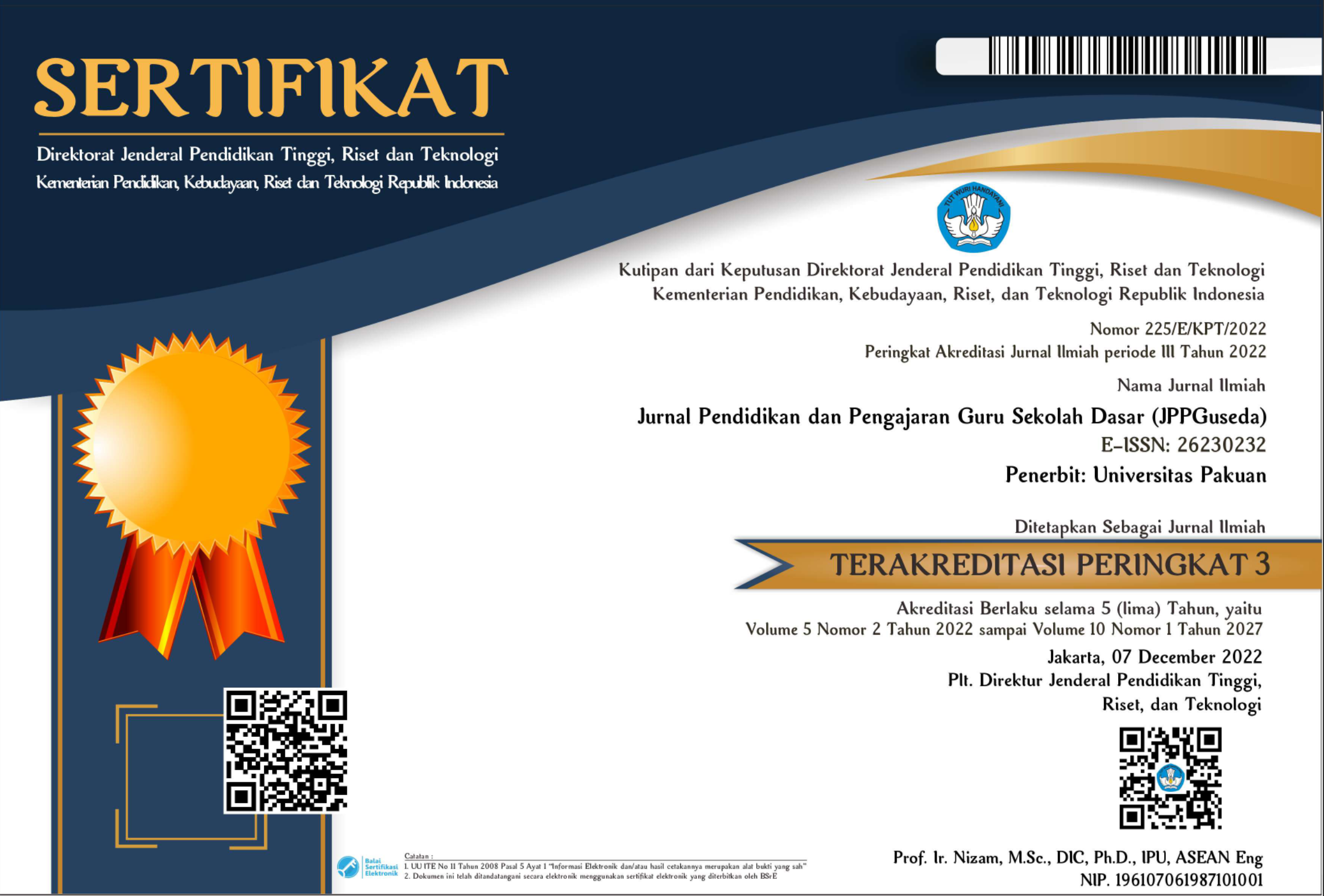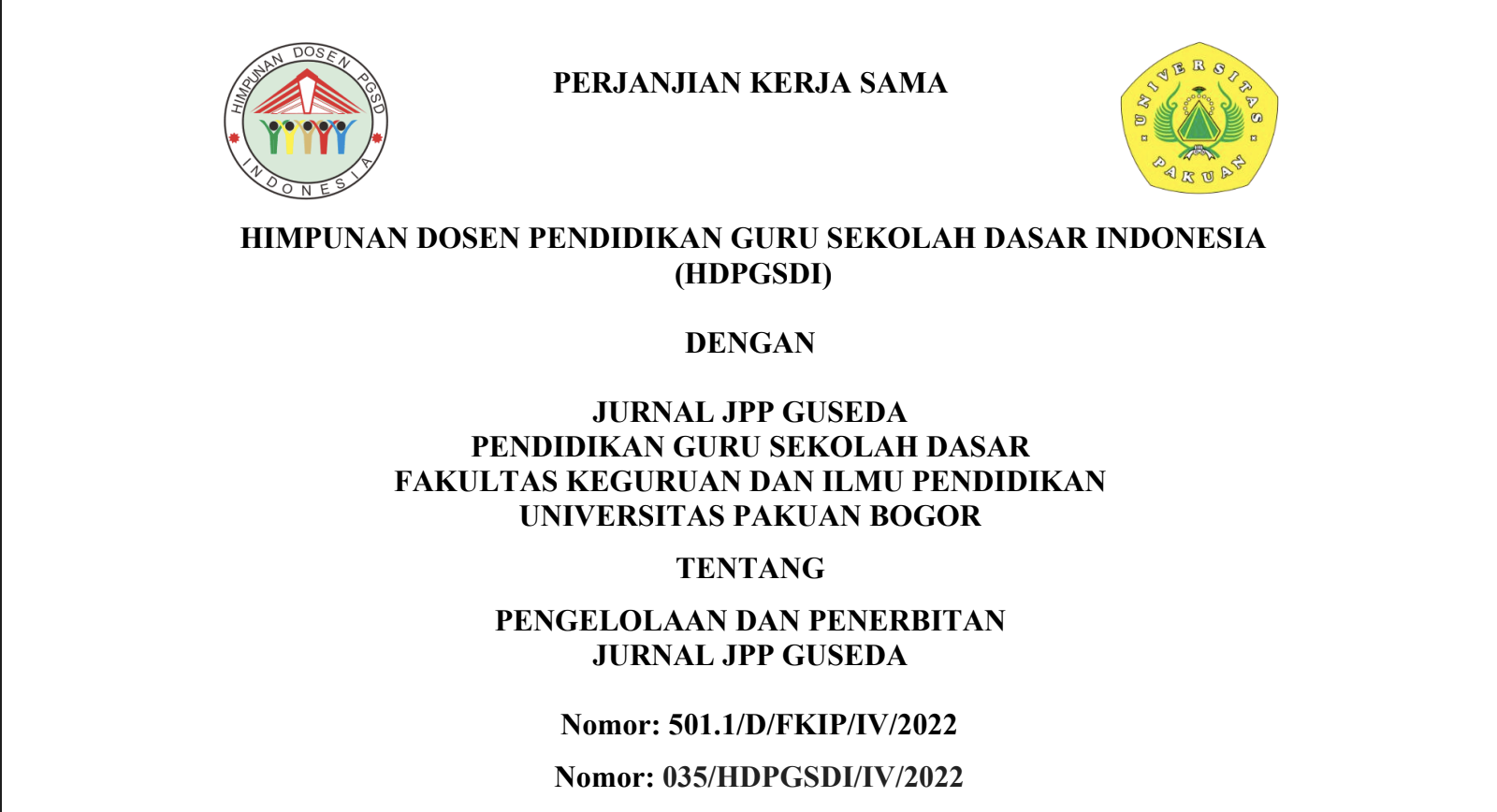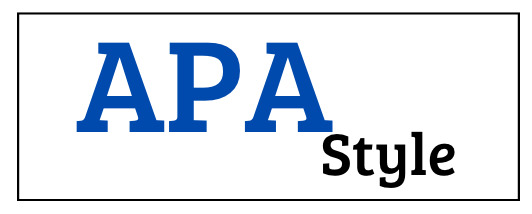MODEL PEMBELAJARAN DISCOVERY LEARNING GAME GETS LUCKY CARD: STUDI ANALISIS PENINGKATAN PEMAHAMAN SISWA TERHADAP AL-QURAN
Abstract
LEARNING MODEL DISCOVERY LEARNING GETS LUCKY CARD GAME: IMPROVEMENT ANALYSIS STUDY STUDENTS' UNDERSTANDING OF THE AL-QURAN
This study aims to improve understanding of student learning outcomes with the Discovery Learning (DL) learning model through the Games Gets Lucky Card method. The current globalization that has occurred recently has a very significant impact on the transformation of the world of education, especially in Indonesia, to a negative direction. The fast involvement of technology media also adds to the challenges and problems that are quite formidable to be faced by teachers in finding effective, efficient learning formulations that are liked by students at this time. The research method used is quantitative methods based on classroom action research. This research was carried out in two stages, each of which was based on planning, action, observation and reflection. Data collection was carried out using observation-based field study techniques where the research subjects were students and teachers at the MI Negeri Bekasi school. This study shows that the application of the Discovery Learning model can increase understanding activities and student learning outcomes in BTQ subjects. The research percentage shows that in the first cycle, the achievement of student learning activities was 68.62% which then increased in the second cycle to 96.10%. The increase in learning outcomes includes aspects of knowledge where the value obtained reaches an average of 77.63 and then these results increase so sharply in the implementation of cycle II with an average value of 87.95.
Keywords
References
L. L. Hadar, O. Ergas, B. Alpert, and T. Ariav, Rethinking teacher education in a VUCA world: student teachers social-emotional competencies during the Covid-19 crisis,†Eur. J. Teach. Educ., vol. 43, no. 4, pp. 573586, 2020.
H. Nishiura, N. M. Linton, and A. R. Akhmetzhanov, Serial interval of novel coronavirus (COVID-19) infections,†Int. J. Infect. Dis., vol. 93, pp. 284286, 2020.
V. Ellis, S. Steadman, and Q. Mao, ‘Come to a screeching halt: Can change in teacher education during the COVID-19 pandemic be seen as innovation?,†Eur. J. Teach. Educ., vol. 43, no. 4, pp. 559572, 2020.
L. Wang and T. DeLaquil, The isolation of doctoral education in the times of COVID-19: recommendations for building relationships within person-environment theory,†High. Educ. Res. Dev., vol. 39, no. 7, pp. 13461350, 2020.
V. Varea and G. González-Calvo, Touchless classes and absent bodies: teaching physical education in times of Covid-19,†Sport. Educ. Soc., vol. 0, no. 0, pp. 115, 2020.
W. Kidd and J. Murray, The Covid-19 pandemic and its effects on teacher education in England: how teacher educators moved practicum learning online,†Eur. J. Teach. Educ., vol. 43, no. 4, pp. 542558, 2020.
E. de Jonge, R. Kloppenburg, and P. Hendriks, The impact of the COVID-19 pandemic on social work education and practice in the Netherlands,†Soc. Work Educ., vol. 39, no. 8, pp. 10271036, 2020.
R. C. Kalloo, B. Mitchell, and V. J. Kamalodeen, Responding to the COVID-19 pandemic in Trinidad and Tobago: challenges and opportunities for teacher education,†J. Educ. Teach., vol. 46, no. 4, pp. 452462, 2020.
E. Xue, J. Li, and L. Xu, Online education action for defeating COVID-19 in China: An analysis of the system, mechanism and mode,†Educ. Philos. Theory, vol. 0, no. 0, pp. 113, 2020.
O. Sunardi and Y. Suchyadi, Praktikum Sebagai Media Kompetensi Pedagogik Guru Sekolah Dasar,†J. Pendidik. dan Pengajaran Guru Sekol. Dasar, vol. 03, no. September, pp. 124127, 2020.
D. Destiana, Y. Suchyadi, and F. Anjaswuri, Pengembangan Instrumen Penilaian Untuk Meningkatkan Kualitas Pembelajaran Produktif Di Sekolah Dasar,†J. Pendidik. Pengajaran Guru Sekol. Dasar (JPPGuseda ), vol. 03, no. September, pp. 119123, 2020.
M. Rindu et al., Tanfidz Talim As-Syahsyiyyah Dirasah Tahliliyyah Fi Mahad Al-Inayah Bandung,†Lentera Pendidik., vol. 23, no. 2, pp. 343356, 2020.
M. Rawwas, Dirasah Tahliliyyah Li Syahshiyati Ar-Rasul Muhammad.†Dar An-Nafais, Lebanon Beirut, pp. 1303, 1988.
M. Judrah, Fungsi-Fungsi Pendidikan Dalam Hidup Dan Kehidupan Manusia,†J. Al-Qalam J. Kaji. Islam Pendidik., vol. 6, no. 1, pp. 98111, 2020.
M. Rusmin B., Konsep Dan Tujuan Pendidikan Islam,†Inspiratif Pendidik., vol. 6, no. 1, p. 72, 2017.
B. Badrudin, The Management of Strengthening the Mosque-Based Religious Character Education,†Nadwa, vol. 13, no. 2, p. 179, 2020.
Nurjanah and Y. Suchyadi, Media Audio Visual Sebagai Media Peningkatan Keterampilan Menulis Teks Deskripsi Di SMP Negeri 3 Kota Bogor,†Pedago. J. Ilm. Pendidik., vol. 4, no. 1, pp. 4044, 2020.
R. F. Dearden, What is Discovery Learning?,†Educ. 3-13, vol. 1, no. 1, pp. 1114, 1973.
B. Dalgarno, G. Kennedy, and S. Bennett, The impact of students exploration strategies on discovery learning using computer-based simulations,†EMI. Educ. Media Int., vol. 51, no. 4, pp. 310329, 2014.
N. Saab, W. R. van Joolingen, and B. H. A. M. van Hout-Wolters, The relation of learners motivation with the process of collaborative scientific discovery learning,†Educ. Stud., vol. 35, no. 2, pp. 205222, 2009.
K. Veermans, T. de Jong, and W. R. van Joolingen, Promoting Self-Directed Learning in Simulation-Based Discovery Learning Environments Through Intelligent Support,†Interact. Learn. Environ., vol. 8, no. 3, pp. 229255, 2000.
J. R. Thomas, Preparing for faculty roles in discovery, learning, and engagement,†Quest, vol. 55, no. 1, pp. 417, 2003.
T. Hurlin, Open Plan Schools and Inquiry/Discovery Learning,†Cambridge J. Educ., vol. 5, no. 2, pp. 98103, 1975.
J. Holford, P. Jarvis, M. Milana, R. Waller, and S. Webb, Exploration, discovery, learning: mapping the unknown,†Int. J. Lifelong Educ., vol. 32, no. 6, p. 685, 2013.
A. Mukherjee, Effective Use of Discovery Learning to Improve Understanding of Factors That Affect Quality,†J. Educ. Bus., vol. 90, no. 8, pp. 413419, 2015.
DOI: 10.55215/jppguseda.v4i2.3614
 Abstract views : 733
Abstract views : 733
Refbacks
- There are currently no refbacks.
Copyright (c) 2021 Jurnal Pendidikan dan Pengajaran Guru Sekolah Dasar (JPPGuseda)

This work is licensed under a Creative Commons Attribution-NonCommercial 4.0 International License.




















